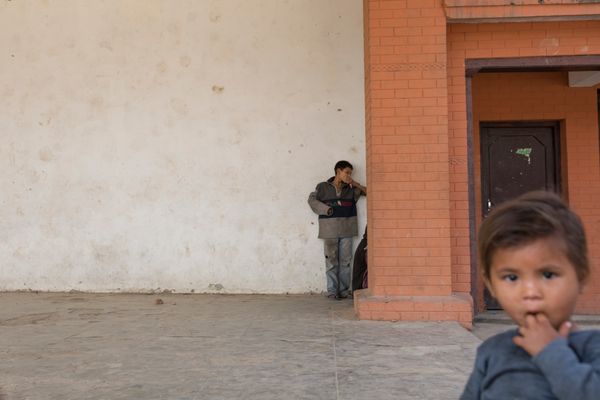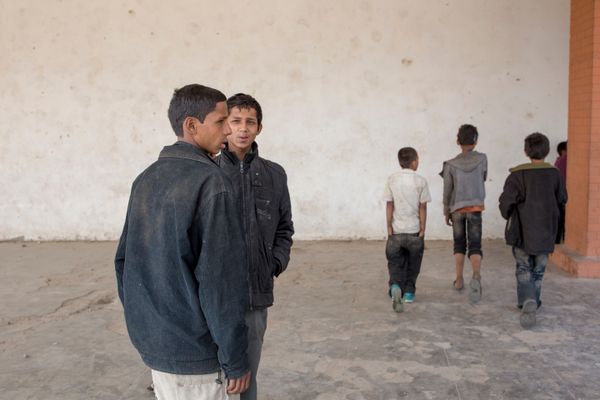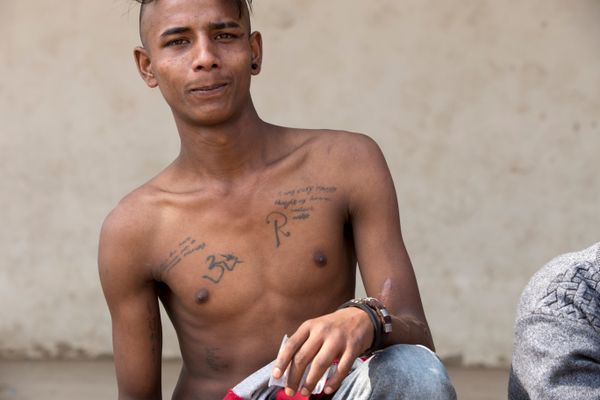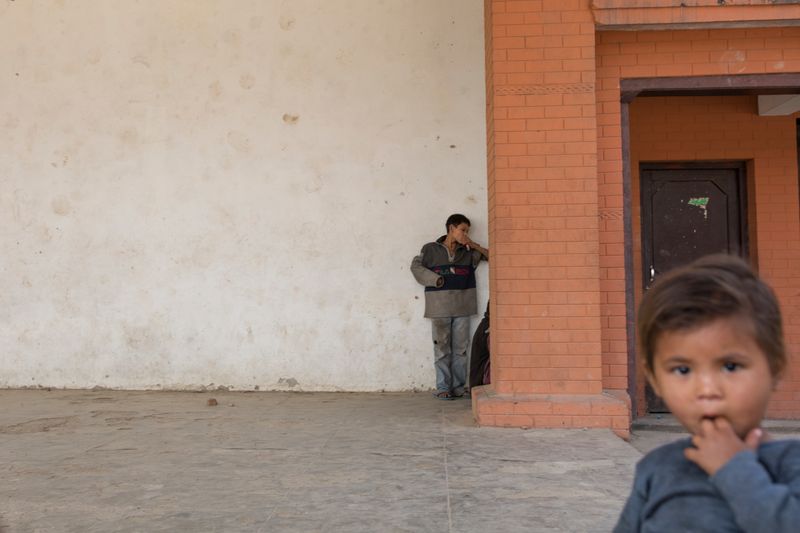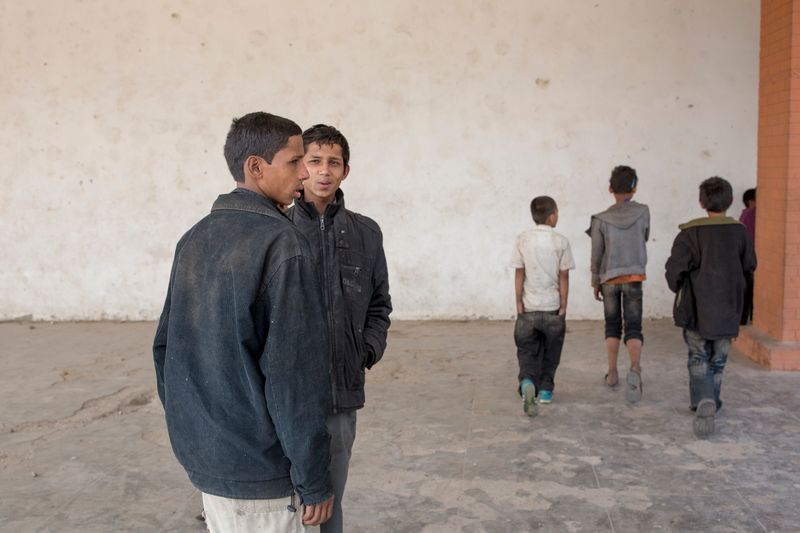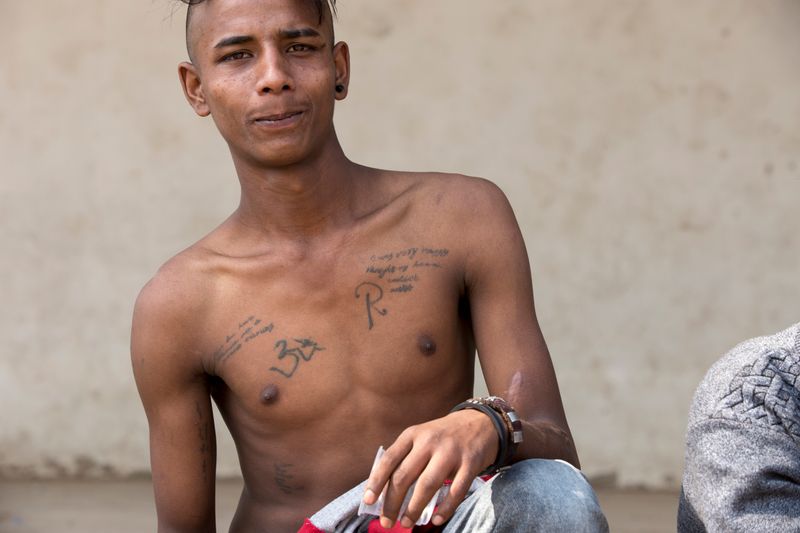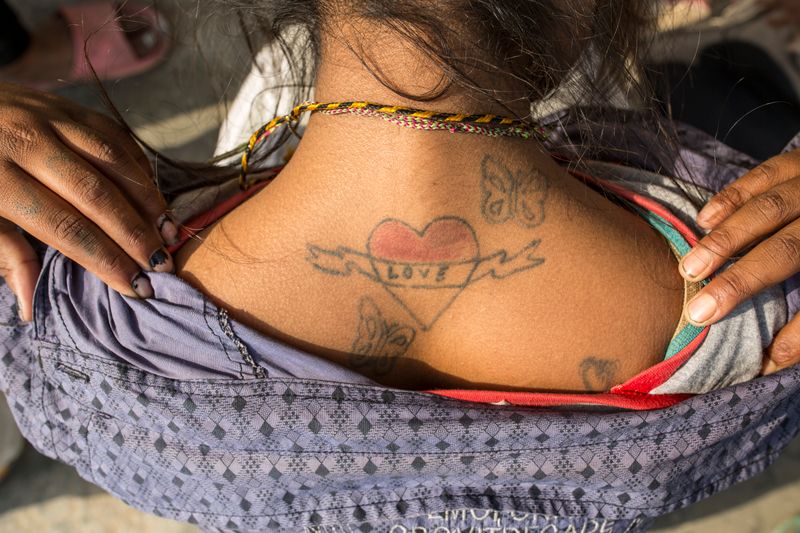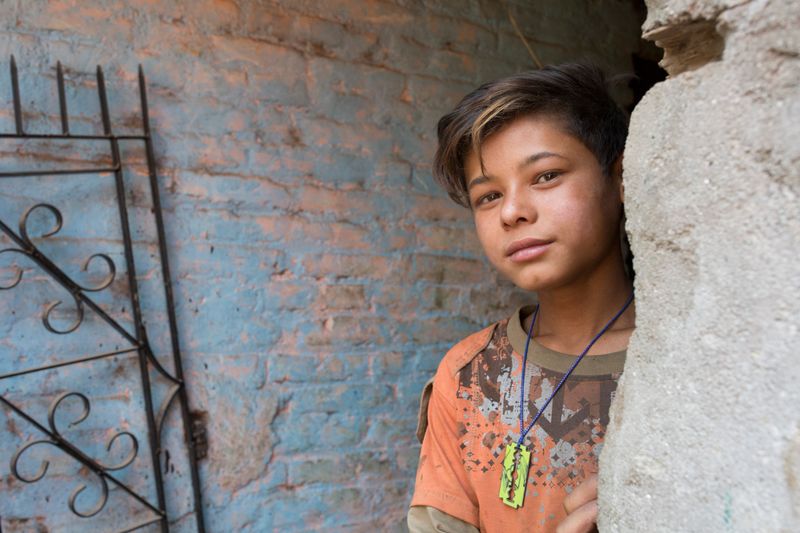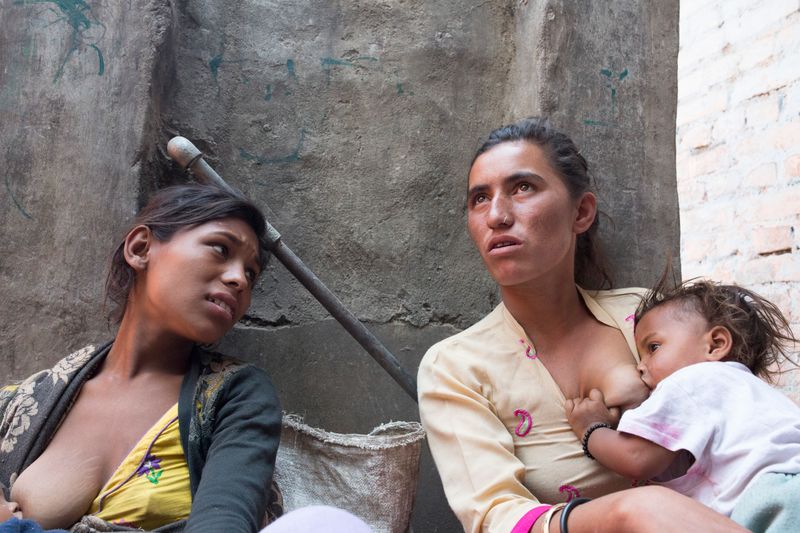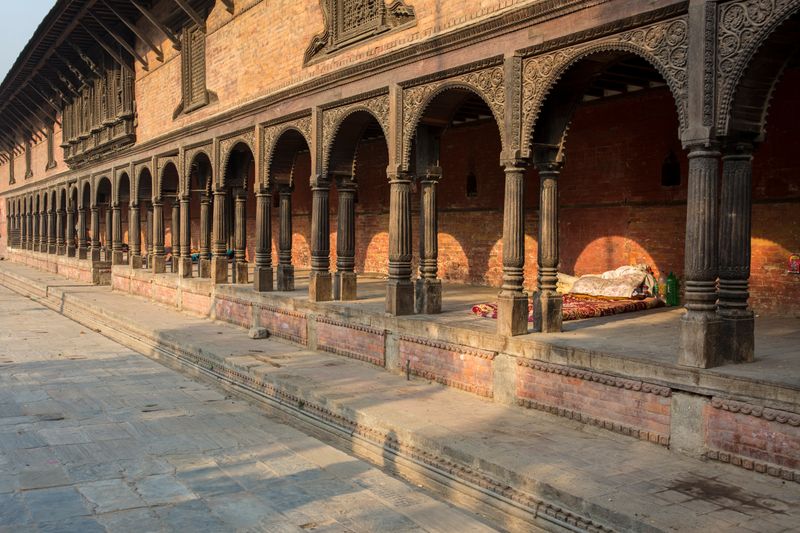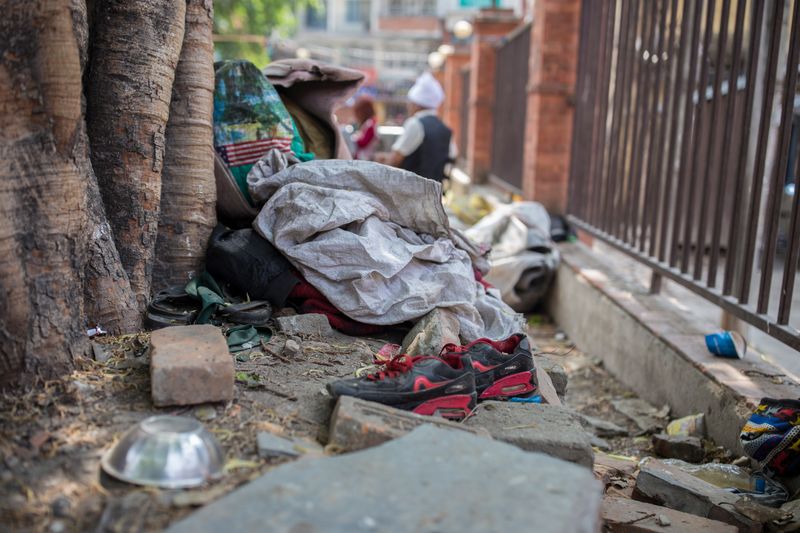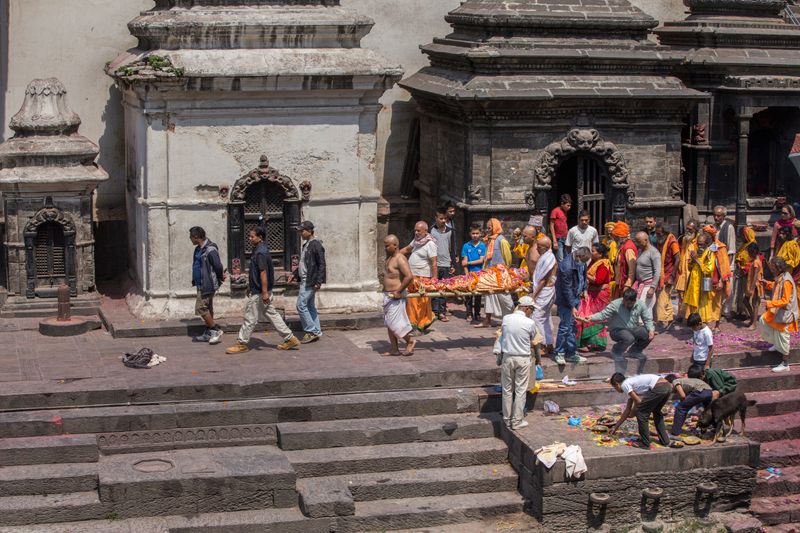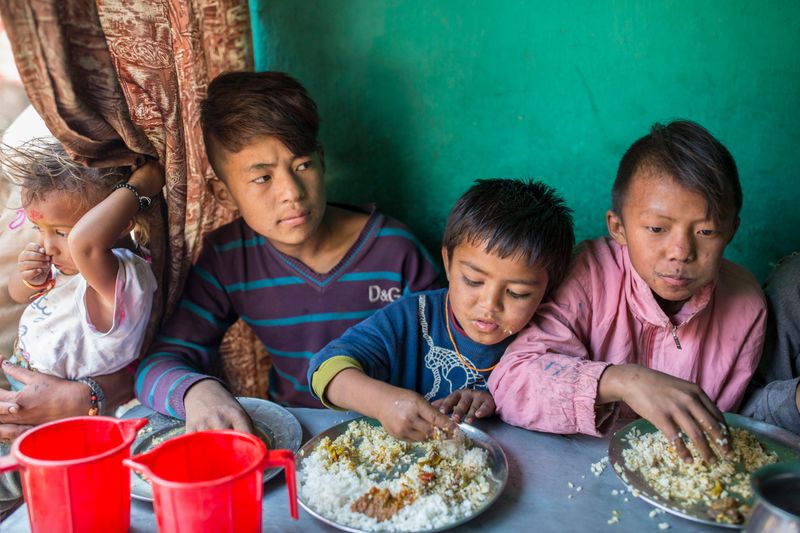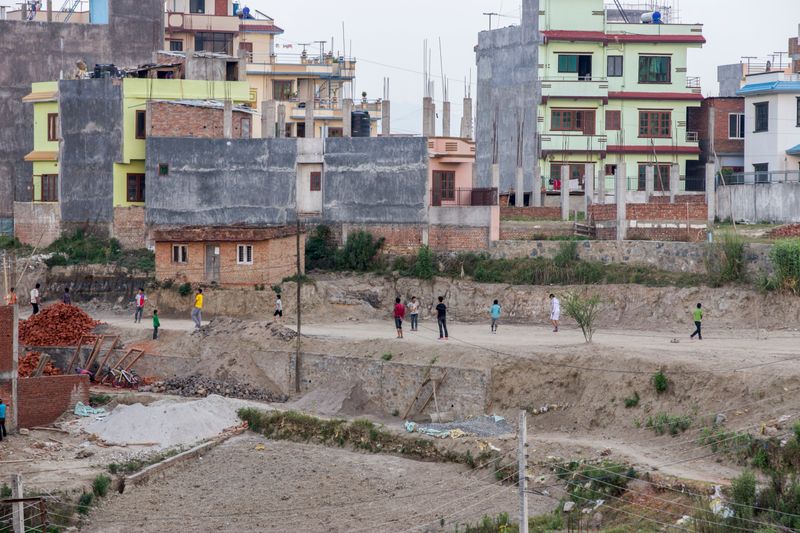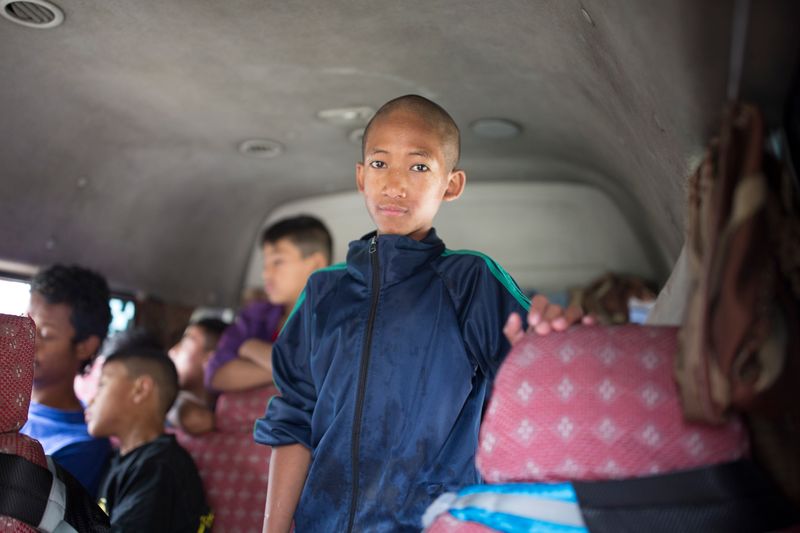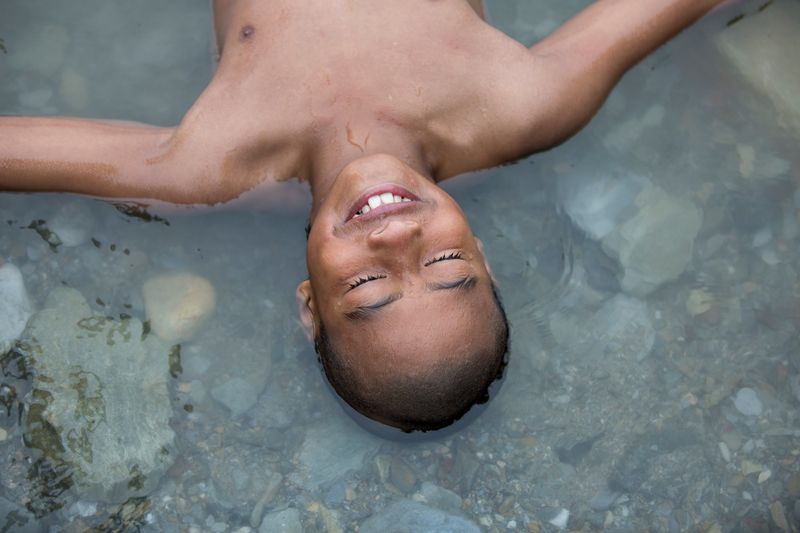We have no dreams
-
Dates2016 - 2016
-
Author
- Topics Contemporary Issues, Documentary, Social Issues
- Location Nepal, Nepal
The life of a child on the streets of Kathmandu is defined by suffering, violence and exploitation. 'We have no dreams' looks at their daily struggles and explores how those who have made it off the street escaped the cycle and how this can be replicated to help more children escape the streets.
Home; shelter and a safe place. Food. Clean water. Bare necessities for us all?
What above love?
To what extent can we live without any of these things? Where do we draw the line between need and want?
At the edge of a very dusty and dirty make-shift soccer field on the outskirts of eastern Kathmandu a group of children have gathered to play football. A thick, pungent smoke floats over from the cremation grounds and mixes with the haze of dust and pollution that hangs ever present in the Kathmandu atmosphere. More alarmingly though, is the toxic and unmistakable stench of glue; which the kids, locked in a revolving huddle, inhale constantly. It provides relief and escape from the pain of their daily struggles and blunts the pangs of hunger that plague them. When asked what they dream of the reply is ‘We have no dreams’.
The life of a child on the streets of Kathmandu is defined by suffering and violence. Highly vulnerable to exploitation and abuse, they have fallen through the fractured safety net of Nepalese society, which does little or nothing to protect or help them. They are widely misunderstood, much maligned and stigmatised by the vast majority of the population. They are taken advantage of by people in every direction they turn. Those in positions of authority, those posing as people wanting to help them and by the older, stronger, more street-hardened of their peers on the street.
Sexual and physical violence is endemic. They are totally at the mercy of those around them, particularly the younger ones. Weak, mal-nourished and prone to severe mental and physical health problems.
After receiving no aid from the government and being routinely taken advantage of by those claiming to want to help them, it takes a great deal of work with out-reach programmes to gain their trust. Many are caught in a cycle of drop-in centres and then back to the streets. The children choosing to risk the streets, and uncertain food and shelter so that they remain with the other children with whom they receive a form of love
